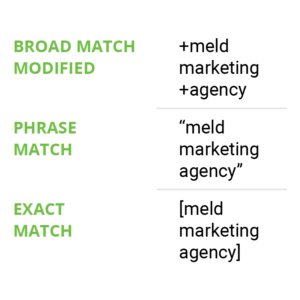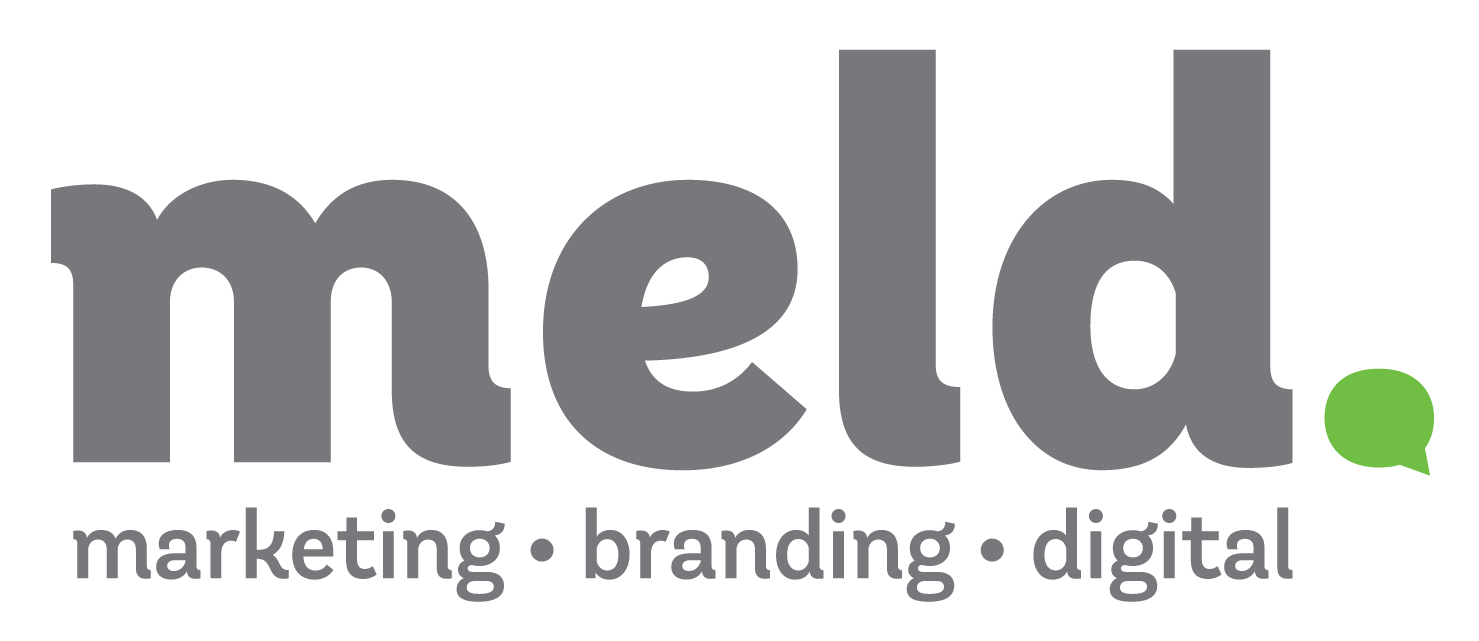Google Ads offers a variety of products, including Search, Shopping, Display, Universal App, and Video (YouTube). If you have previous experience with Google Search campaigns, you’ve probably felt intimidated or overwhelmed when building your campaigns.
You might be asking yourself: How many campaigns do I need? Which keyword match types should I use? How should I segment my ad groups? How much should I bid for my keywords? Should each ad group have the same ad messaging?
Below I address some commonly asked questions to help you make your Google Search campaigns more successful.
How many campaigns do I need?
I recommend creating a separate campaign for each primary product or service your company offers. Building a separate campaign for each product or service has many benefits. It allows you to segment budget appropriately between products and services. This is important for many businesses—different departments or product teams may have different marketing budgets. Separate campaigns also allow you to segment your ad messaging and ensure the most relevant ads are shown to the people searching for these same products or services.
Which keyword match types should I use?
 There are four different kinds of keyword match types: exact match, broad match modified, phrase match, and broad match. If you are just starting out with a Google Search campaign, begin with three different keyword match types: exact match, broad match modified, and phrase match.
There are four different kinds of keyword match types: exact match, broad match modified, phrase match, and broad match. If you are just starting out with a Google Search campaign, begin with three different keyword match types: exact match, broad match modified, and phrase match.
I recommend not starting with broad match because it is more likely that unrelated searches will be triggered by the broad match keywords. This can bring down the overall campaign performance. Since one of the factors of quality score is the historical performance of the account, it is important to start off as strong as possible.
It’s better to be more specific and then get more broad with your keywords as you optimize the campaigns over time and see what search terms are triggering your ads.
How should I segment my ad groups?
My go-to recommendation for ad groups is to group your keywords into themes. This ensures that the keywords you have chosen match as closely as possible to the ad messaging. The closer the ad copy is to what the user is actually searching for, the more likely they are to click on the ad, which means a higher click-through-rate (CTR). Each ad group should have 10-20 keywords (this includes different keyword match types with the same keyword).
How much should I bid for my keywords?
When you’re just starting to build a campaign, I always recommend using Google Keyword Planner. This is an extremely helpful tool because it allows you to not only find new keywords, but it also provides search volume and bid projections. Within the search volume and forecasts option, you can input your location, select languages, and search networks for the most accurate bid forecast.
Should each ad group have the same ad messaging?
The ad messaging should vary slightly between each ad group. It’s important for the keywords within each ad group to match the ad messaging. If you were searching for purple shoes, you would want your ad to have the words “purple shoes” somewhere, right? This ensures the highest ad relevance possible. Keep in mind that your ad messaging should also align with what is on the landing page you are directing users to visit. Consider common search engine optimization philosophies and ensure your ad language connects to the terms.
Do you have other questions about Google Search campaigns we didn’t answer here? Send us your questions!



